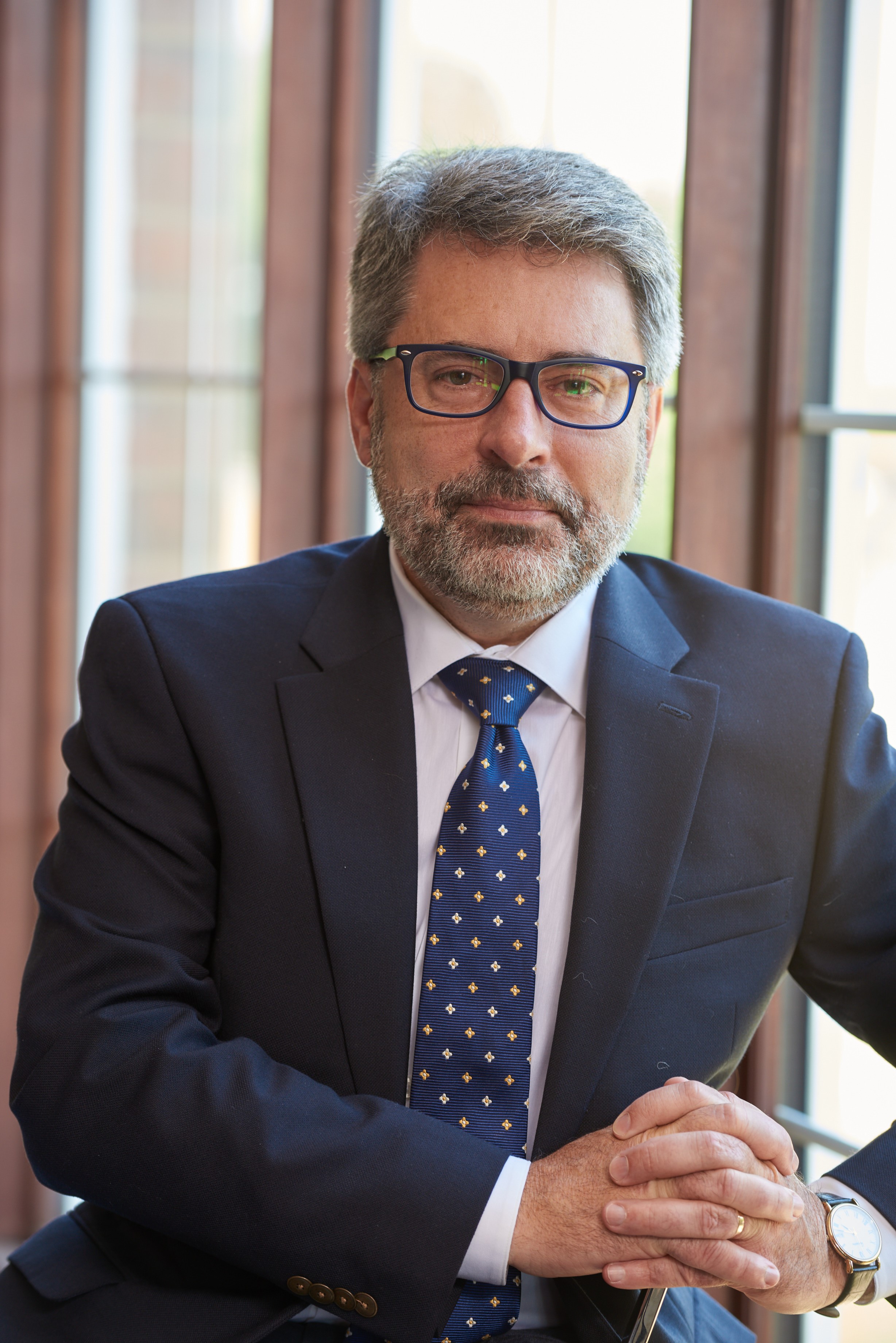Malone University names Greg Miller Provost after national search
Miller has served Malone as interim provost since May of 2019 and previously served the University as associate provost, external partnerships and programs and professor of history in the College of Theology, Arts and Sciences (CTAS).
 He joined the Malone community in 2000 as associate professor of history and was promoted to professor in 2006. He previously served as chair of the Department of History, Philosophy, and
He joined the Malone community in 2000 as associate professor of history and was promoted to professor in 2006. He previously served as chair of the Department of History, Philosophy, and
Social Sciences and also as University Director of General Education. Miller is a two-time recipient of the Malone Distinguished Award for Teaching Excellence and a recipient of the Distinguished Award for Scholarship and Research. Beyond Malone, he was recognized by Ohio Magazine as the recipient of their Excellence in Education award.
“Greg has proven to be a skilled administrator with a compelling vision for the academic program,” said Malone President David King. “His experience and gift set align well with our current challenges and opportunities, and he exhibits a deep commitment to his colleagues on the Malone faculty. Greg has earned the respect of the Malone community through his teaching, scholarship, and service over the past 20 years.”
Miller earned his doctorate in Religious Studies and the History of Christianity from Boston University. He completed a Master of Arts in History from the University of Tulsa and a Bachelor of Arts degree in Historical Theology from Oral Roberts University. Miller has written many scholarly papers and has presented at international conferences on the historical significance of Martin Luther.
While serving as interim provost, Miller developed and launched an aggressive process for program planning and launch leading to new programs including cybersecurity and criminal & restorative justice.
“Greg has been a relentless ambassador for the student experience, faculty interests, and academic quality,” said King. “He has also developed strategic alliances with businesses, organizations, and other higher education institutions throughout the region.”
